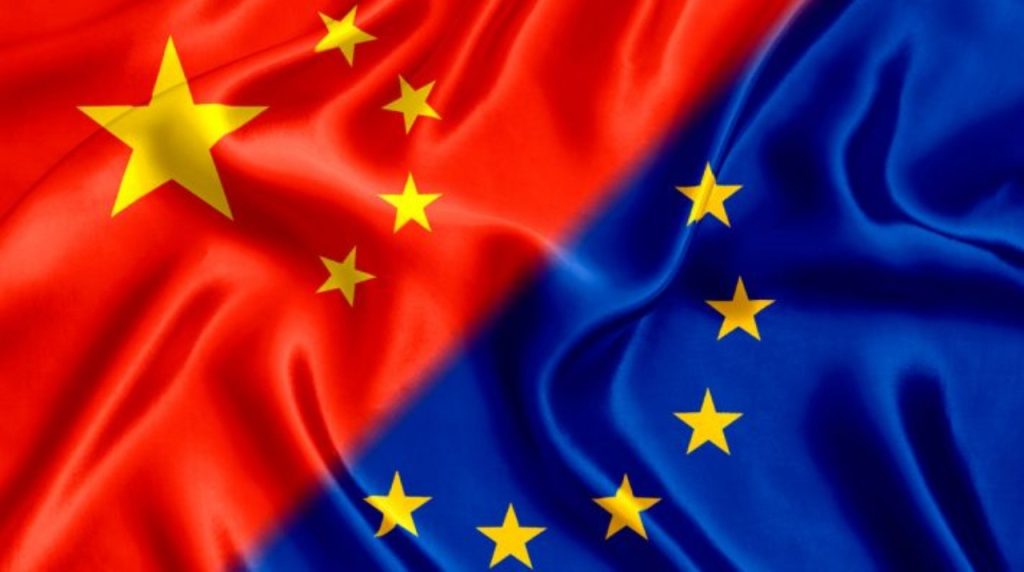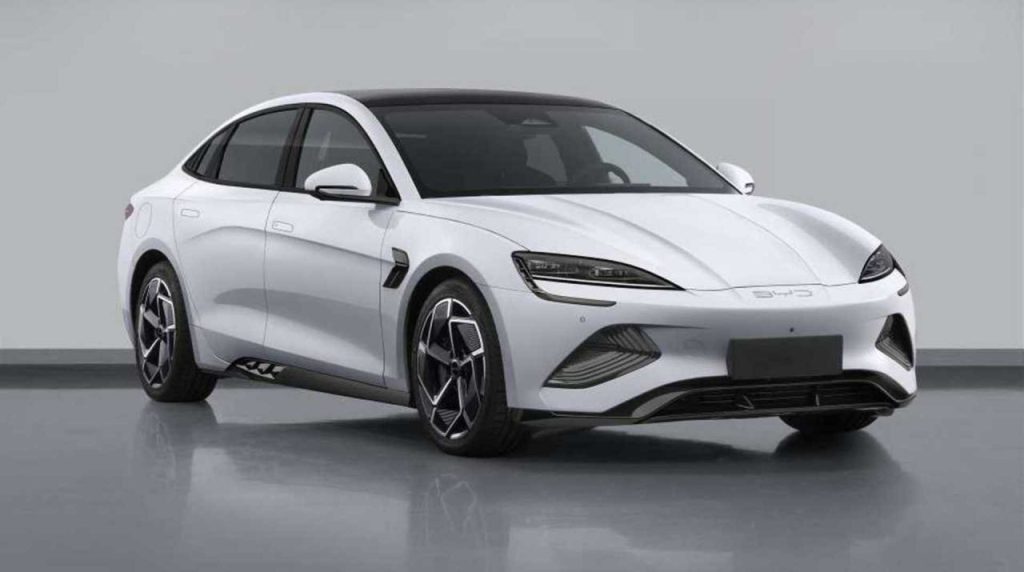
China Sues the EU for Electric Vehicle Tariffs

China sued the European Union (EU) before the dispute mechanism of the World Trade Organization (WTO) for the tariffs imposed by the bloc on electric vehicles from the Asian giant, which came into force last week.
According to EFE news agency, the Chinese Ministry of Commerce informed that the complaint seeks to “safeguard the interests of the development of the electric vehicle industry and global cooperation on ‘green transformation’”.
China had already appealed last August to the WTO dispute mechanism over preliminary measures taken by the EU in response to subsidies received by Chinese electric car manufacturers, but this new lawsuit refers to the final measure of applying tariffs.
You may also read: In 2023, China dominated the global electric vehicle market, accounting for 60% of total sales
Trade Dispute
“It is regrettable to see the European side announce its final decision (…) despite numerous objections from relevant actors such as member state governments, industries and public opinion,” the ministry said.

The new tariffs came into force on October 30, date on which this same department assured that it “neither agrees nor accepts” the Brussels decision, which for the Chinese government “seriously” violates WTO rules and lacks “objective and legal basis”.
The European Executive will apply a tariff of 35.3% to the Chinese manufacturer SAIC (MG and Maxus, among other brands), 18.8% to Geely and 17% to BYD, for a maximum of five years.
The measure will also affect Western companies that produce in China, such as the American Tesla, to which a tariff of 7.8% will be applied, while others that have cooperated with the Commission in the investigation it carried out before approving the tariffs will be charged a rate of 20.7%.
The EU took this step because it considers that, despite the division it generates among the EU-27, it received sufficient support in the vote held by EU governments earlier this month: five countries opposed the application of the tariffs (including Germany), ten supported them and twelve abstained.





